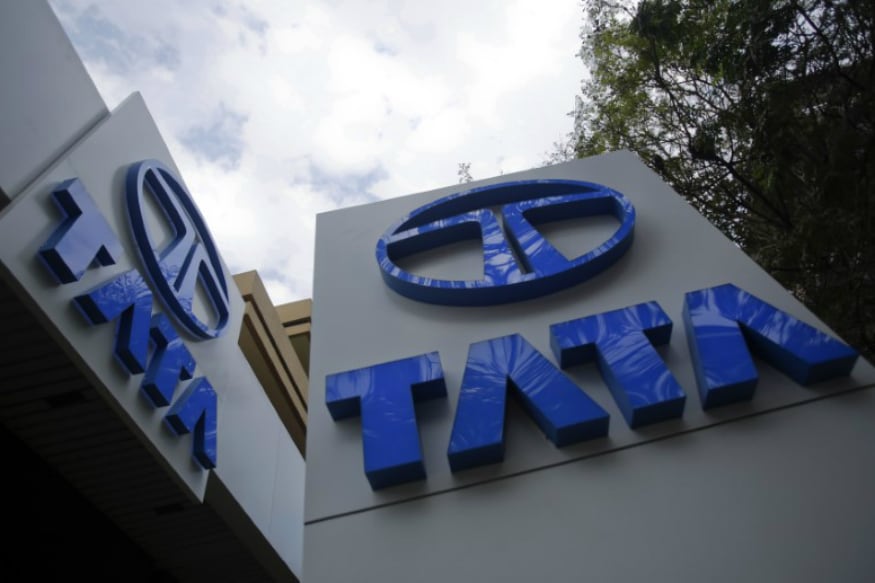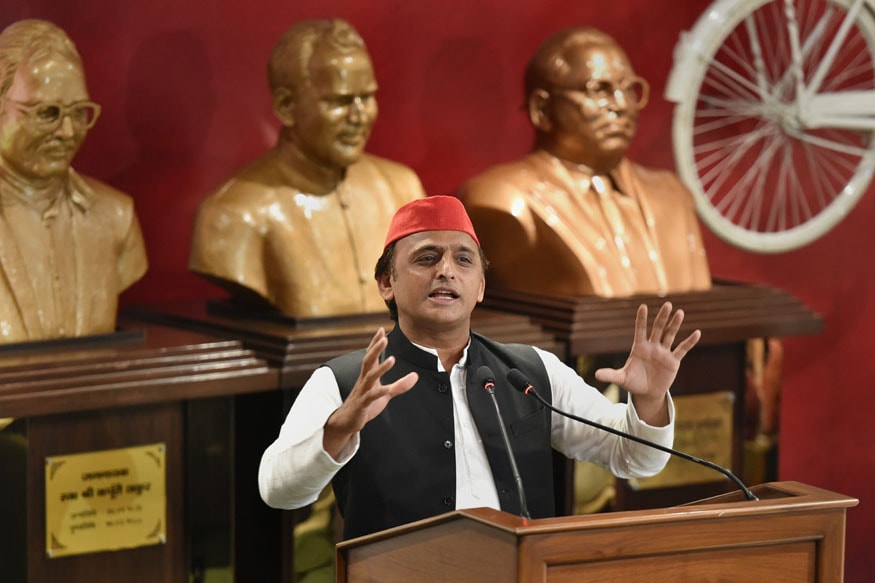Stringent data privacy laws which mandate customer consent will be critical as Open Banking picks up
India is no newcomer to the idea of Open Banking. NCPI (National Payments Corporation of India) drew the first initiative of Open Banking in India in the form of its Unified Payment Interface (UPI), an instant interbank payment system, in 2016.
YES Bank was the first Indian Bank to launch APIs that allowed integration with the ERP systems of their corporate clients. Now RBL Bank has added the system to facilitate value-added APIs like eKYC, PAN verification API, Currency rates API, Credit score API, one shop solution API.
Kotak Bank also launched its API platform for lending and payment products in November 2018.
DCB Bank has recently launched Open Banking Platform for delivering a more Personalised banking experience to their customers. In this endeavor, over 20 startups, FinTechs, merchants, enterprises and developers will partner with them, to create an access to its Open Banking Platform APIs and also collaborate on innovation and create customer centric products.
Open Banking is undoubtedly the foundation of growth for the banking sector, both in terms of technology-business collaboration as well as encouraging productive competition amongst financial service providers. One of the highlights of this system is all about having tools and technologies in place to sharing data securely. It adds the pressure of offering better services on banks- now that they have to allow third-parties to access bank information. The transparency it drives, will ensure faster customer approvals and lending processes.
Customer consent to be criticalBut what about Privacy? What are banks doing to ensure data privacy and security? In UK, regulators require customers to approve of information-sharing with specific parties. In the U.S., banks have full control on where and how they use customer information. They have their legalities in place, and complete monopoly on customer data and its privacy.
Regulations will also have a role to play, says Ritesh Sinha, AGM-IT, ICICI Bank Ltd, speaking from almost two decades of experience in the banking space. “Data analytics and data ownership is basis of open banking, hence strict data privacy laws which mandate customer consent before any of his data is shared are needed. Customer should know how his data will be used and to what extent his demographic details will be available to banking partners.”
He declined to comment on ICICI’s stand, and this, he maintains, is his personal view form experience of the industry from pre-tech era to today’s environment.
However, on the consumer side, open banking will ensure bookkeeping becomes faster and easier, and manual tax preparation activities will become much less.
The list of advantages that Open Banking will create seem endless.



























































